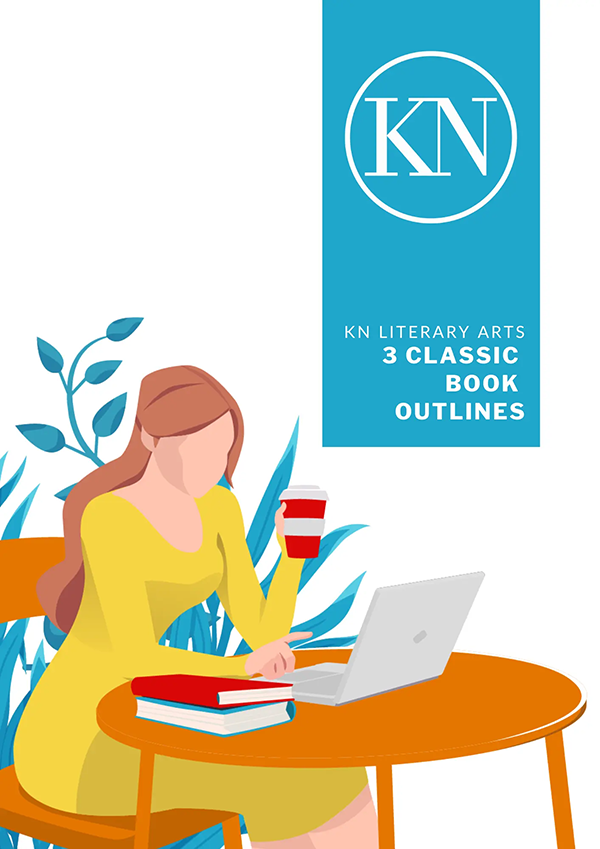One of the persistent archetypes of the editorial world is that of the tight-lipped, punishing grammarian wielding her red pen with ferocious delight. This editor slashes mercilessly at the page, eviscerating all instances of bad punctuation, misspellings and sentences that end with a preposition.
But I gotta be honest: That’s not the kind of editor I am. In fact, I might lose some cred by saying this, but here’s the truth: I don’t really care that much about grammar.
You read that correctly.
I, who have made my living for almost two decades editing books, am not obsessive about grammar.
My Editor’s Club membership may be revoked if I admit this, but I don’t even own a copy of the Chicago Manual of Style. [Pause while editors everywhere recoil in horror.] I know it sounds crazy, but the so-called “Bible of the written word” has always seemed, well, unnecessarily rules-y to me.
But wait a second. If I don’t even own a copy of the rulebook, how can I make sure my editorial clients are playing the game correctly?
The answer is that I can’t. Or, more accurately, I don’t care to. There are many, many technical editors out there who live and breathe by CMS; who know Strunk & White by heart. I hire these wonderfully specific human beings frequently to work on our authors’ books.
But my own love? It’s not punctuation, that’s for sure. What I care about is the art of content.
When it comes to getting published, content always trumps grammar. Acquisitions aren’t made or broken by a forgotten apostrophe. What an editor is looking for is a book that has something new to say. That says it artfully. That has an audience ready to listen. And that leaves her in some way changed by the time she puts it down.
In short, she’s asking herself:
Will the topic stand out on a crowded bookshelf?
Does it have a built-in audience just waiting for the book to publish?
Is the writing sophisticated, professional and a joy to read?
Does the book educate its reader, or delight her—or both?
Having spent many years in editorial meetings where proposals and manuscripts have been pitched, discussed, and either tossed aside or greenlighted, I’m here to tell you that your first priority should be the quality of your content, not the perfection of your grammar.
If you don’t have the “wow factor” with your content, it doesn’t really matter whether you’ve nailed the use of a series comma. Here are my suggestions for generating content that makes an agent or editor forget about grammar altogether:
- Start with an amazing idea. Get concept coaching from a qualified writing coach if you aren’t quite sure you’ve nailed that magic pitch.
- Study up on what it means to have a “platform” — and start building one. Try this book to help you get started.
- Draw up a detailed outline before you start. (By “detailed” I suggest 15-20 pages’ worth.) Then, be flexible with your outline as you begin to write.
- Once you finish your first draft, set it aside for two weeks. Better yet, a month. Then print out the book and read it one time straight through before you start editing.
- Work with a content editor. They will help you develop and improve your organizational structure, pacing and other global considerations. They will also help you craft each sentence into a clear, flowing work of art.
- Take the suggestions your editor gives you! If your editor thinks you have a problem, you probably do. If you don’t like her suggestion, fine — solve the problem in an even better way. But do solve it!
- Revise, revise, revise. Implement the changes your editor suggests, and then read it and revise it again.
Once you have a solid, artful book on your hands — then, by all means, have your book proofread by someone who loves Chicago.
Because while perfect grammar never turned an editor’s “no” into a “yes,” sloppy grammar has been known to kill an acquisition that was a “maybe.”
So dot those i’s and cross those t’s. But let content be your primary focus, always. Because when it comes down to it, a great book is not about following the rules — it’s about saying something the world has never heard in quite this way before.
Come on over and chat with me about grammar on Facebook. And don’t forget to register for our free Q+A call, where I can answer your questions in person! You can do that right here.
Share:


